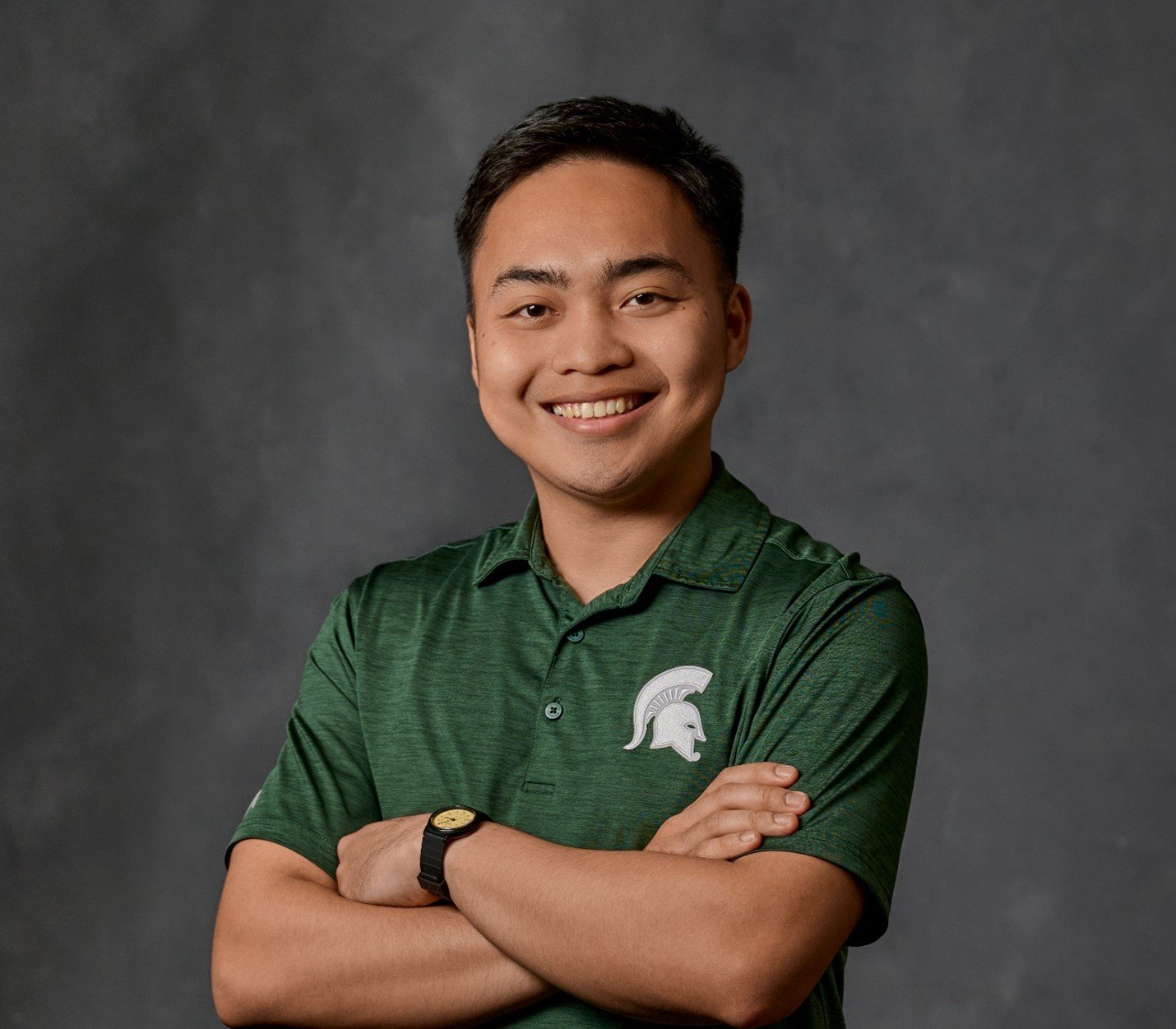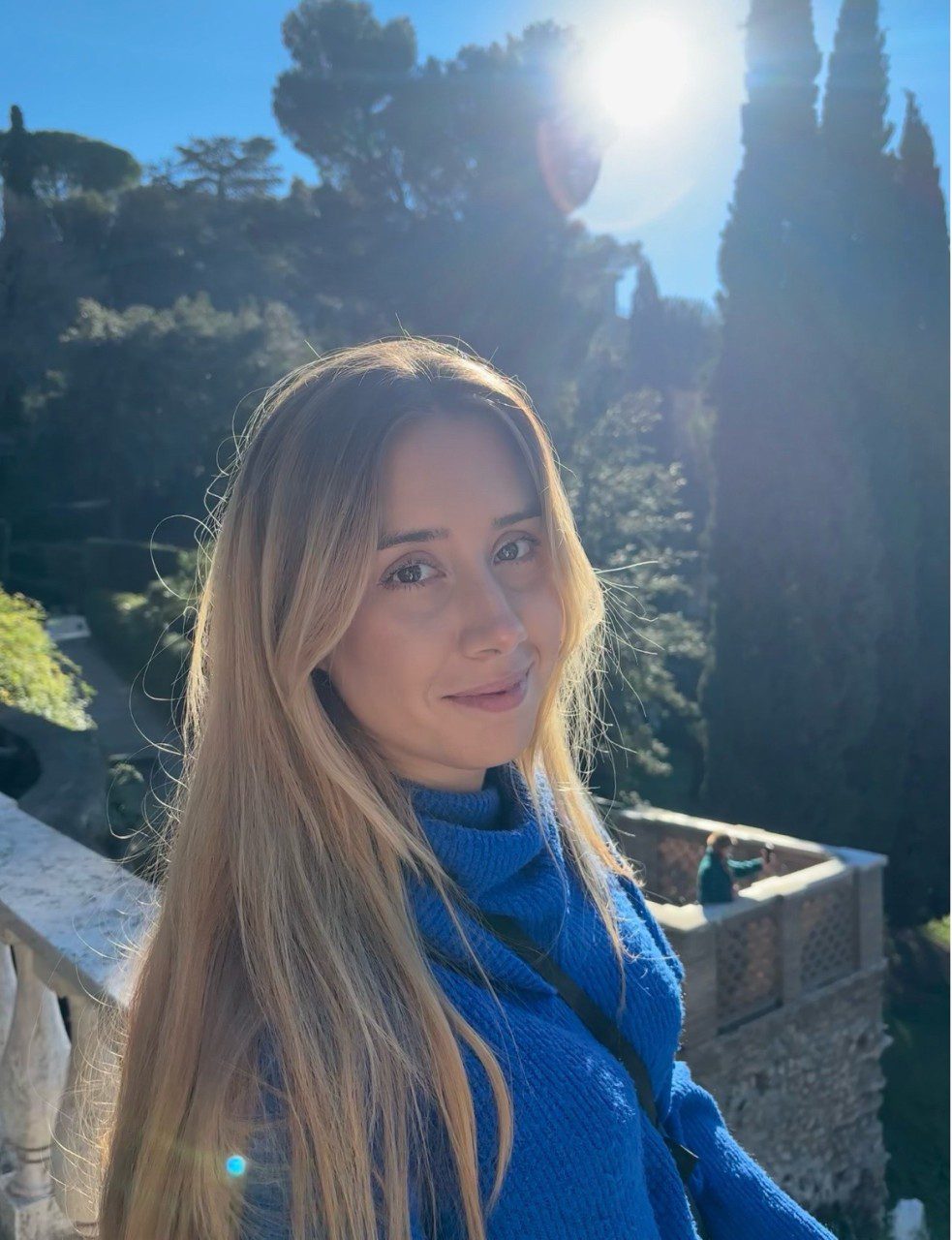How a Filipino Entomologist Won the Fully Funded Fulbright Scholarship to Study at Michigan State University in the United States
University: Michigan State University
Degree: Master’s in Entomology
Previous Education: Bachelor’s in Agriculture, major in Entomology – University of the Philippines Los Baños
Scholarship: Fulbright Scholarship – Fully Funded
Other Offered Scholarships (if any): Fellowship at Lee Kong Chian Natural History Museum, National University of Singapore

The Journey
Hi! My name is Solo Arman Peralta Mercene, and I am a dreamer and storyteller. I have always envisioned living in a country outside the Philippines, and I had the opportunity to fulfill this dream through the Fulbright Scholarship to earn my Master’s degree in Entomology at Michigan State University.
Previously, I worked as an agricultural entomologist at the Regional Crop Protection Center for the MIMAROPA region of the Department of Agriculture. In 2019, the fall armyworm (Spodoptera frugiperda), an invasive corn pest, was first reported in the Philippines. I took the lead in managing this pest across five island regions. After four years of working to control this pest, I decided to pursue an advanced degree to better equip myself for the task, as many Filipino farmers depend on my decisions.
MSU had conducted prior research on the fall armyworm, which is why I chose to apply. My research focuses on how maysin affects the growth of both the fall armyworm and the corn earworm (Helicoverpa zea).
Fulbright Scholarship Details
The Fulbright Scholarship is a prestigious international educational exchange program established in 1946 by U.S. Senator J. William Fulbright. Through academic and cultural exchanges, it enhances mutual understanding and fosters peaceful relations between the United States and other countries.
Learn more about the Fulbright scholarship here: us.fulbrightonline.org
Educational Background
I completed my undergraduate degree at the University of the Philippines, Los Baños, earning a Bachelor’s in Agriculture with a major in Entomology, specializing in insect taxonomy. During my time at the university, I gained extensive knowledge about entomology, the study of insects. This foundation prepared me for my first job at the Department of Agriculture and enabled me to ask the right questions and design experiments for my master’s degree at MSU. After my graduation, I was able to get a fellowship at Lee Kong Chian Natural History Museum, National University of Singapore, to continue my work on the taxonomy of the Philippine assassin bugs (Hemiptera: Reduviidae).
How Did You Prepare to Apply to Michigan State University?
During the initial process for the Fulbright program, we are required to submit scores from two standardized tests: the GRE and the TOEFL. I was fortunate that Fulbright Philippines provided resources to help us prepare for these tests. We held monthly check-in calls for group studies and quizzes. My cohort generously shared their study tips and free review materials they found online. For my own study plan, I dedicate at least 2 to 3 hours each day to practice exams and watch YouTube videos on how to succeed in these tests.
After obtaining the required test scores, I began searching for universities in the United States that align with my work in crop protection. I found it particularly helpful to look for publications discussing the management of the invasive corn pest, the fall armyworm.
How Did You Prepare to Apply for the Fulbright Scholarship?
To prepare for my application to the Fulbright program, my first step was to reach out to past Fulbright scholars from my university. I sought mentors who could help me develop a strong application. After speaking with several Fulbright alumni, I was directed to a Filipino scientist based in Seattle who had received a Rockefeller Foundation grant. He played a crucial role in guiding me through the application process.
What Do You Think Made Your Application Stand Out?
When applying for prestigious scholarships like the Fulbright program, it's important to remember that all applicants are typically intelligent and highly skilled in their respective fields. To stand out in this competitive pool, your application needs to capture the attention of the reviewers, who likely read hundreds of personal statements each day. If you fail to engage them with your first sentence, there's a good chance they won’t read the rest of your application.
What Would You Have Done Differently if You Were Going Through the Process Again?
I would recommend interviewing current and former lab members from the university you are applying to. Relying solely on Google searches about quality of life and academic support is insufficient; it's essential to speak with actual students from the specific department you're targeting.
Additionally, you should ask specific questions during these conversations. Avoid general inquiries like, "How is the department?" Instead, focus on whether students feel supported academically, mentally, and financially. Also, ask about the resources available to them.
What Advice Would You Give Those Looking to Apply for Similar Scholarships?
When applying for opportunities, seek out a good mentor. These individuals can be valuable resources for you. Don't hesitate to reach out to Fulbright alumni from your country. You can also contact me, especially if you consider yourself a dreamer and storyteller like I do.
Want to submit your
scholarship journey?
Submit Your Story Here!
More Scholarship Recipients

My name is Arsh Dharani, and I am an international student originally from the Democratic Republic of the Congo (DRC). I am .... Read more

Hi! My name is Arawa. I’m a Marie Skłodowska-Curie PhD researcher working on AI-based neuroimaging biomarkers for Parkins .... Read more

Hello! My name is Alexandra Eras, and I am from Ecuador. I studied Economics and completed a major in Gender, Violence, and .... Read more

Leave A Comment